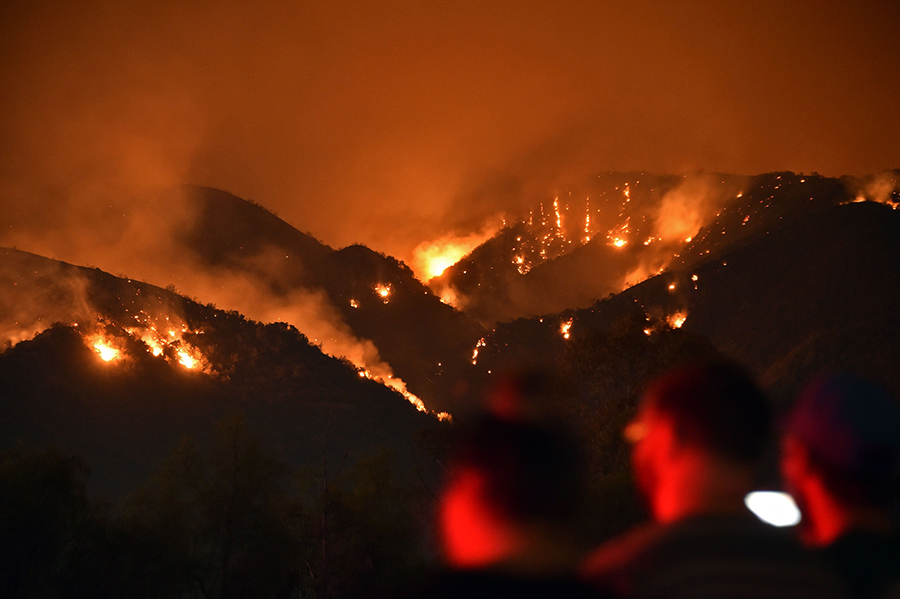Canadian Wildfires Cause Global Dimming
In June 2023, Canadian wildfires impacted New York City. Smoke from these wildfires caused a dramatic cooling effect of approximately 3 degrees Celsius in the city. This phenomenon is attributed to a process known as global dimming. While this cooling might seem beneficial in the context of global warming, it also resulted in severe air quality issues and health problems.
About Global Dimming
Global dimming refers to the gradual reduction of solar radiation reaching the Earth’s surface. This phenomenon has been observed since the 1950s. It occurs due to various factors, including aerosols, particulate matter, and water vapours. While global dimming can cool the atmosphere, it also leads to adverse environmental effects.
Causes of Global Dimming
The primary causes of global dimming include:
- Aerosols: Tiny particles suspended in the atmosphere.
- Particulate Matter: Solid or liquid particles that can affect air quality and climate.
- Water Droplets: Clouds that reflect sunlight back into space.
- Wildfires: Natural events that release amounts of smoke and ash.
Effects of Global Dimming
Global dimming has several notable effects:
- Water Impact: It reduces solar radiation, leading to cooler water temperatures and less evaporation. This can result in decreased rainfall and potential droughts.
- Land Temperature Changes: Dimming lowers land temperatures, causing shifts in climate patterns.
- Plant Growth: Reduced sunlight can hinder photosynthesis, affecting plant health and growth.
- Counteracting Global Warming: Dimming can mitigate some warming effects caused by greenhouse gases.
Health Implications of Wildfire Smoke
The smoke that reached New York City contained harmful particles. A study revealed that these particles trapped air pollutants close to the ground, leading to a sharp increase in respiratory issues. During the smoke event, fine particulate matter levels exceeded safety guidelines . This resulted in a rise in asthma-related emergency visits, denoting the public health crisis posed by wildfire smoke.
Responses to Wildfire Smoke
To address the issues caused by wildfire smoke, researchers suggest several strategies:
- Transitioning to Alternative Energy: Reducing reliance on fossil fuels can lower emissions.
- Pollution Control: Implementing stricter regulations can help manage air quality.
- Wildfire Management: Effective strategies can reduce the frequency and intensity of wildfires.
- Nuclear Energy: Exploring nuclear options can provide cleaner energy sources.
Climate Change and Future Risks
The events of 2023 tell the growing frequency of wildfires attributed to climate change. Researchers warn that such incidents may become more common in the future, posing ongoing risks to urban areas. About the interplay between climate change, air quality, and public health is crucial for developing effective mitigation strategies.
Month: Current Affairs - April, 2025
Category: Environment Current Affairs








